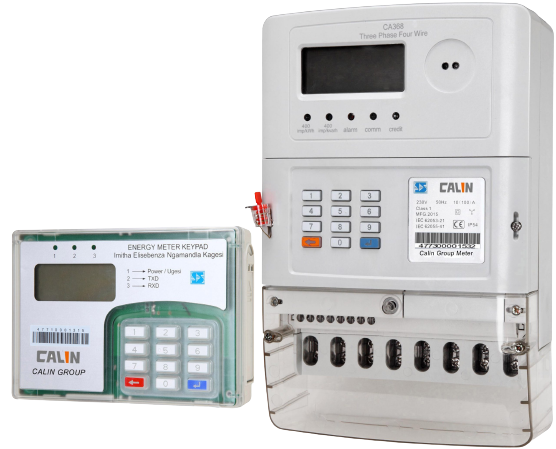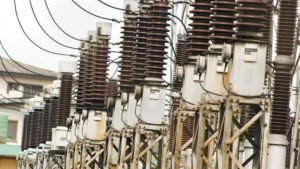
More than seven years after the launch of Nigeria’s flagship Meter Asset Provider (MAP) scheme, the country’s power sector remains trapped in a deepening metering crisis.
Despite multiple government-led interventions and billions of naira spent, over seven million electricity consumers remain unmetered, forcing many into the opaque and widely criticised estimated billing regime.
Now, sector stakeholders are intensifying calls for the deregulation of metering, arguing that sustained government control has fostered inefficiency, discouraged investment, and enabled systemic corruption—echoing the early days of Nigeria’s telecoms sector before liberalisation triggered explosive growth.
Leading the charge is Kunle Olubiyo, President of the Nigeria Consumer Protection Network, who criticised the recurring federal interventions as counterproductive and steeped in political interference.“There’s no place in the world where ministries directly manage metering on a day-to-day basis. It’s an operational function, not a political one,” Olubiyo said.
“What we’ve seen over the years is that every intervention whether by the Ministry of Power, Ministry of Finance or the Presidency—only breeds bureaucracy, bottlenecks, and corruption.”
Olubiyo said the government’s repeated efforts, including the National Mass Metering Programme (NMMP), the MAP scheme, and the more recent Meter Asset Financing (MAF) initiative, have done little to close the gap. Instead, they’ve eroded investor confidence and reinforced Nigeria’s dependence on imported, often substandard meters with no service support.“We’re importing unserviceable meters from Asia. Just like buying a TV or mobile phone without a service centre when it breaks, it’s scrap,” he noted.
He argued that the solution lies not in further state funding but in liberalising the metering space, allowing market forces and private capital to bridge the metering gap just as telecoms deregulation turned Nigeria from a nation of 200,000 landlines into a mobile powerhouse in less than a decade.“The demand is there. Nigerians are ready to pay for meters just like they pay for smartphones if the process is transparent and fair,” he said. “The government’s role should be to set standards, enforce quality, provide fiscal incentives, and ensure that the market works.”
Olubiyo recommended tax waivers for local meter assemblers, robust quality assurance systems, and a clear refund policy for prepaid meters to end estimated billing once and for all.
Echoing similar concerns, Adetayo Adegbemle, Executive Director of PowerUp Nigeria, said the MAP scheme has failed to deliver on its promises, leaving customers frustrated by delayed registration, limited availability, and uncertain refund processes.“MAP is a sachet solution it was never designed to address a multi-million-meter gap,” Adegbemle said. “There’s no transparent evidence that customers who paid have been refunded. That’s a fundamental trust issue.”
He proposed a franchise-based model, where private metering companies are licensed to operate across specific feeders or clusters. Under this structure, companies would invest capital upfront and recover costs via deductions directly from energy payments, reducing reliance on DisCos and minimising default risks.“This cannot be DisCo-led.
The DisCos have lost credibility, and government interventions have failed because they weren’t backed by enforceable checks and balances,” he said.
Adegbemle also pointed to the CBN-backed NMMP Phase 0, which disbursed significant funds to accelerate metering but was marred by poor execution and lack of accountability.“Even after the CBN froze some accounts over abuses, there were no consequences. That’s how public funds vanish—quietly and without results.”
According to the Nigerian Electricity Regulatory Commission (NERC), over 7 million electricity customers remain unmetered more than a decade after the sector was privatised in 2013. That persistent gap undermines customer trust, weakens revenue assurance for utilities, and limits the effectiveness of energy reforms.
As frustrations mount, stakeholders say Nigeria stands at a critical juncture: either open the metering ecosystem to market-driven solutions or risk further entrenching the inefficiencies that have plagued the power sector for decades.
“Government can’t close this gap alone,” Olubiyo warned. “We need to unbundle metering from politics and let innovation do the work—just like we did with telecoms. That’s the only path to real progress.”







